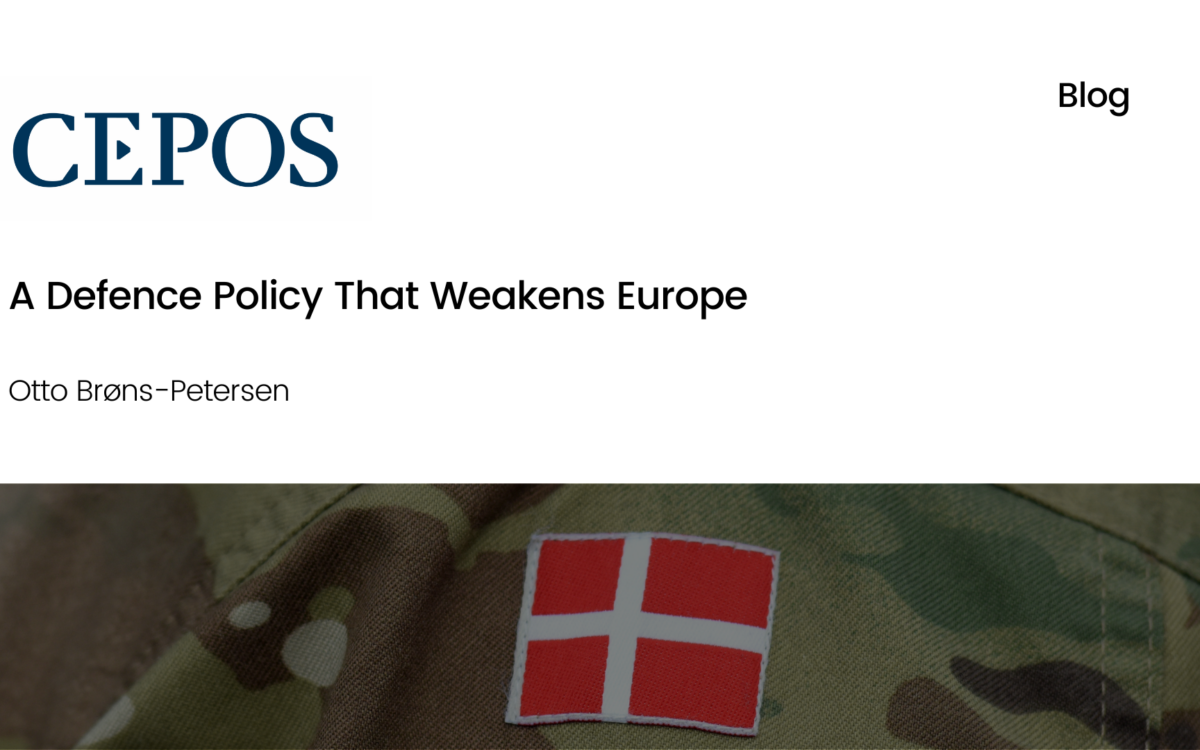Reaping the Benefits of the Sharing Economy

Reaping the Benefits of the Sharing Economy
Dominykas Sumskis // 23.08.2016
The sharing, or collaborative, economy is a rapidly rising business model which enables exchanges of goods and services through online marketplaces. Lithuanians are already enjoying the ride-sharing platform Uber, P2P lending platforms such as Savy or Finbee, the borrowing platform dalinuosi.lt and the short-term rental platform Airbnb.
Such businesses constitute a tripartite agreement between a buyer, a seller and a platform operator, serving as an intermediate between the former. The platform itself serves as a cyber bazaar for it allows communication, transactions and feedback exchange between the people involved. And it is turning an avalanche of success.
Last year alone the European sharing economy generated over EUR 28 billion in revenue – only fraction of what may be expected in the future as in 2015 five major fields of sharing economy (accommodation, transportation, daily services, professional services and finances) doubled in revenue as compared to 2014. Moreover, if used to its full potential, the European sharing economy is estimated to account for as much as EUR 572 billion each year.
Given this huge untapped potential, the European Commission has issued guidelines on dealing with the rise of collaborative economy-based business model so that its development is maximally beneficial. The Commission encourages member states to take a flexible approach towards sharing economy, meaning that no restrictive regulatory measures such as licensing should be taken unless there is no other way of protecting public interest, not to mention absolute restrictions or bans.
But the more popular these new business models become and push traditional businesses out the market, the stronger the opposition. This creates a puzzle for local governments. Take Uber’s struggle in France as an example. Nothing compares to the levels of absurdity of historical taxi regulation in France. Back in 1937 the local government of Paris fixed the maximum number of taxi cars in the city to 14,000. Since then, the number of inhabitants has more than doubled (from 5.7 to 12.2 million), whereas the number of taxi licences has only been increased to a mere total of 18,000. As a result, licence prices skyrocketed and today a single license costs up to EUR 250,000. License owners have an interest in maintaining a relatively small number of highly priced licenses because they see them as an investment. Older taxi drivers are selling their licences to make enough money for retirement, whereas new drivers fall in debt whenever they want to take up this business.
Uber’s arrival shocked the market – just in a couple of years taxi revenues have dropped by 30-40 per cent, forcing taxi drivers to go out into streets and protest against this new market player. Unfortunately, due to high pressure from taxi lobbyists, the consumer benefit of Uber was ignored and a ban on Uber followed. As a result, new drivers are still forced to overpay for licences and customers continue to overpay for their services.
The European Commission clearly stated that restrictive regulatory approach that France has implemented, must be avoided. To comply with these guidelines, the French government will have to admit that the country’s licensing practices are laughably outdated and require reform.
If the market entry prices were not as astronomical as they are now, taxi drivers could simply shift to Uber. This has already happened in Vilnius, Lithuania, where some of the traditional taxi drivers have moved to ride-sharing platforms. However, other sharing economy sectors in Lithuania have a somewhat different experience from the transportation sector. P2P lending – digital platforms where individuals lend each other money – is regulated in the same way as payday loans. The same advertising restrictions apply and a lender cannot issue a credit larger than EUR 500 and a borrower cannot receive more than EUR 5,000 per year. These restrictions limit investment possibilities.
The European Commission is paving the way for the further development of the sharing economy. The rise of this new business model shows how highly constrained and inflexible traditional businesses are. Flexibility is the key to the modern economy. We can either oppose the change and lag behind this new economy, or we can fully employ the opportunities provided by new technologies. It brings more affordable goods and services to customers and allow human entrepreneurship to blossom.
Dominykas Sumskis is policy analyst at the Lithuanian Free Market Institute.
EPICENTER publications and contributions from our member think tanks are designed to promote the discussion of economic issues and the role of markets in solving economic and social problems. As with all EPICENTER publications, the views expressed here are those of the author and not EPICENTER or its member think tanks (which have no corporate view).



